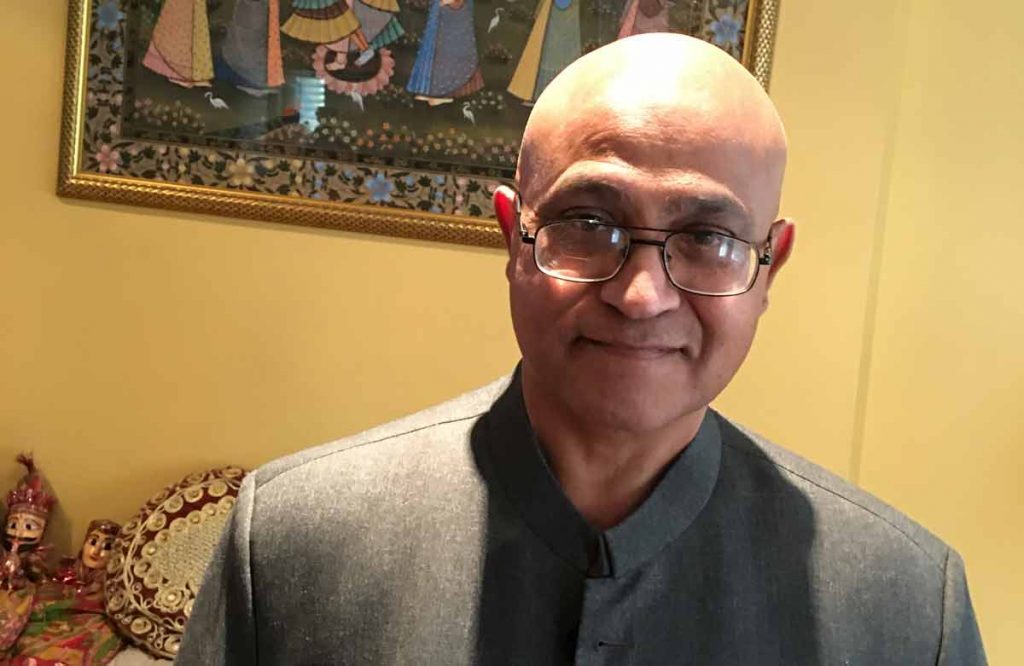AFC leader Khemraj Ramjattan contends that his party is entitled to the nine seats allocated to it, win or lose, as per agreement made during the 2020 election. The AFC announced that it is breaking away from the APNU-AFC coalition and that Opposition Leader Aubrey Norton cannot break the agreement for AFC to get nine seats. He claims that Norton cannot revoke or recall or replace AFC MPs with APNU or PNC MPs. Can Norton replace AFC MPs?
Only the Leader of “the List” can recall MPs. Norton is not leader of the list. David Granger is head of the list with Ramjattan as deputy. Granger and Ramjattan agreed that the AFC would be allotted nine seats; that agreement was honored. Granger is still leader of the coalition. It is unlikely he would break the agreement; he is not known to have such character trait.
But if he does and or if Norton insists that the nine seats be recalled, can the AFC do anything to have the political agreement enforced? Would or can the court intervene to enforce a private political agreement between parties or political leaders?
In several countries, political leaders or parties made agreements on alliance or accommodation or government formation. In some countries, the agreement was broken. In Trinidad, for example, in 1986, the leader of the NAR, Arthur Robinson, broke an agreement with Basdeo Panday on Ministerial berths; Panday opted not to go to court to enforce the agreement and pull out of the coalition resulting in the defeat of the NAR in elections. During the 1990s, in Uttar Pradesh, India, the BJP (led by LK Advani) and BSP (led by Ms Mayawati) signed an agreement to rotate Chief Minister and other cabinet positions in a coalition to govern the state. After serving her term as CM, Mayawati pulled out of the coalition. The BJP opted not to go to court with fresh elections called resulting in her defeat.
In Israel, during the 1980s, Likud party and Labor made an agreement to form a coalition government with equal Ministries and alternating PM position as well as a few Ministries after two years. Likud served its two years leading the coalition. Then the Likud decided to pull out of the coalition, breaking the coalition agreement. Labor went to court to enforce the agreement. The Supreme Court accepted jurisdiction in the matter and ruled in favor of Labor affirming it can decide on political issues. So there is precedent for the court to intervene in enforcing political agreement between parties or their leaders.
Political agreements, even if made verbally, and known to the public should be honored. Internal political agreements made among leading personalities within a party and or with a leader or its executive should also be honored and enforced by the court.
